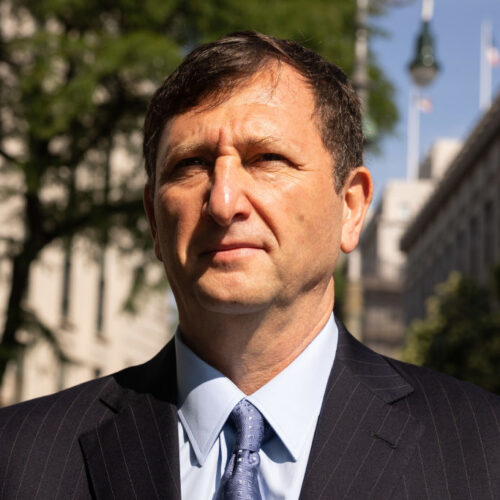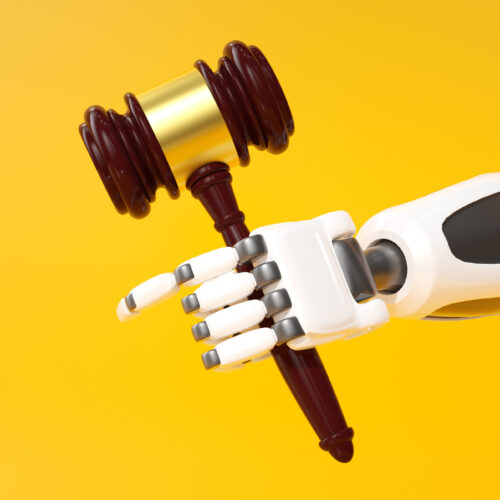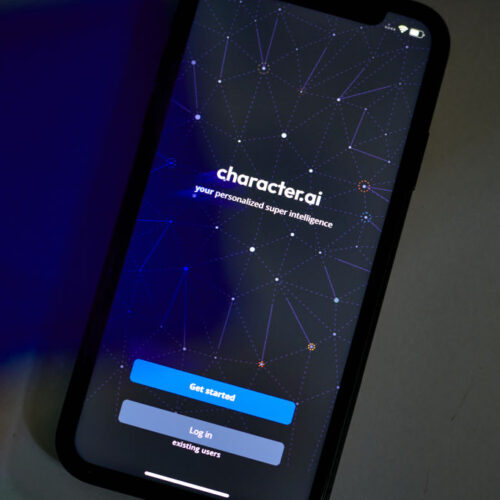Trump to sign law forcing platforms to remove revenge porn in 48 hours
After dragging its feet for years, America is finally taking its first big step toward shielding victims of non-consensual intimate imagery (NCII)—also known as revenge porn—from constantly being retraumatized online.
On Monday afternoon, Donald Trump is scheduled to sign the Take It Down Act into law. That means that within one year, every online platform will be required to remove both actual NCII and fake nudes generated by artificial intelligence within 48 hours of victims' reports or face steep penalties.
Supporters have touted the 48-hour timeline as remarkably fast, empowering victims to promptly stop revenge porn from spreading widely online. The law's passing comes at a time when AI-generated revenge porn is increasingly harming a wider pool of victims—including some who may have never shared a compromising photo, like dozens of kids in middle and high schools nationwide. Acknowledging the substantial harm to kids already, the law includes steeper penalties for NCII targeting minor victims, a threat lawmakers hope will help minors get harmful images removed "as soon as possible."


© Kayla Bartkowski / Staff | Getty Images News



















